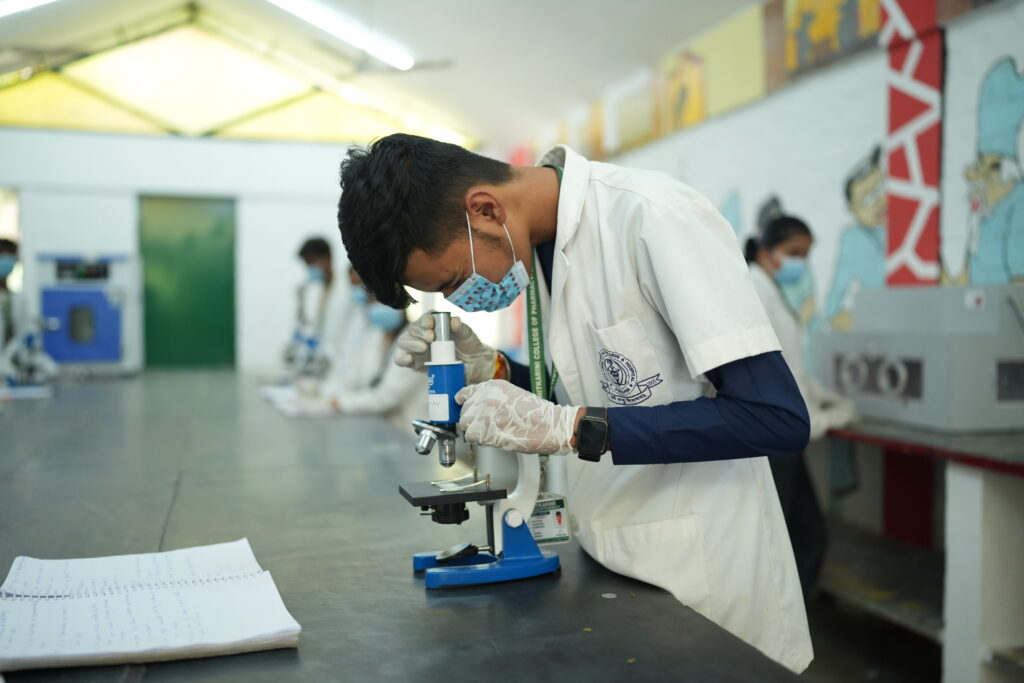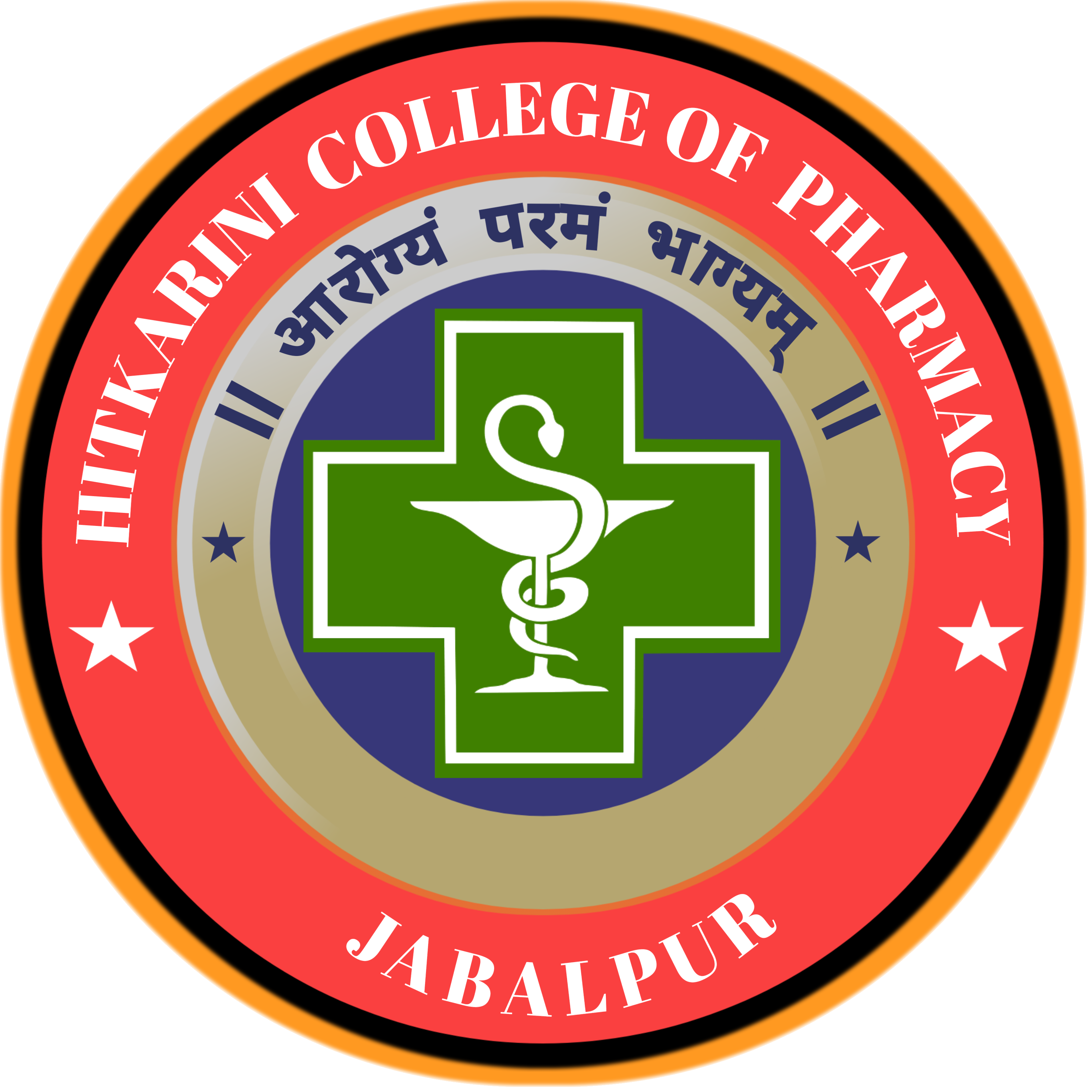MICROBIOLOGY LAB
Microbiology is the study of microorganisms, including bacteria, viruses, fungi, and protozoa. It plays a crucial role in pharmaceuticals, medicine, biotechnology, and environmental sciences by helping understand microbial behavior, disease mechanisms, and applications in drug development.
Key Areas of Microbiology:
1. Types of Microorganisms:
• Bacteria – Prokaryotic organisms, some of which cause diseases while others are beneficial.
• Viruses – Non-living infectious agents that require a host to reproduce.
• Fungi – Includes molds and yeasts, some used in antibiotics, while others cause infections.
• Protozoa – Single-celled eukaryotic organisms, some of which cause diseases like malaria.
2. Microbial Structure and Function:
• Bacterial cell wall, membranes, flagella, pili, and spores.
• Viral components – capsid, nucleic acid, and envelope.
• Fungal and protozoal cellular structures.
3. Microbial Growth and Cultivation:
• Nutritional requirements and culture media (agar, broth).
• Sterilization and disinfection techniques.
• Growth curve of bacteria and factors affecting microbial growth.
4. Microbial Genetics & Biotechnology:
• DNA replication, mutation, and gene transfer (conjugation, transformation, transduction).
• Use of microbes in genetic engineering and recombinant DNA technology.
5. Immunology & Pathogenic Microbiology:
• Host immune response to infections (antibodies, T-cells, B-cells).
• Study of microbial diseases (bacterial, viral, fungal, and protozoal infections).
• Antibiotics, vaccines, and antimicrobial resistance.


